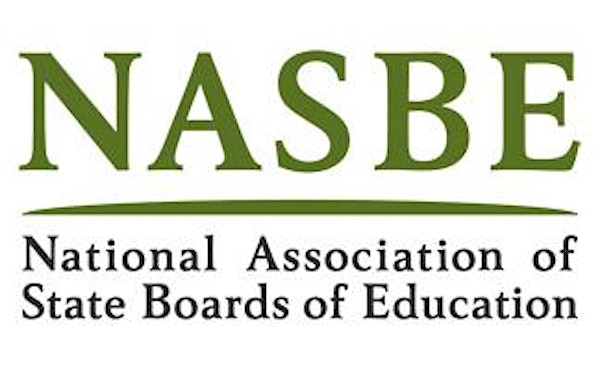
Strengthening State Policy to Keep Schoolchildren Safe from Anaphylaxis
Date and time
Location
Online
Description
An increasing number of children in the United States suffer from food allergies. According to a report from the Centers for Disease Control and Prevention (CDC), the number of children with food allergies rose about 50 percent between 1997 and 2011. Nearly 6 million US children, or 8 percent, have allergies, and young children are affected most. Anaphylaxis is a sudden, life-threatening allergic reaction whose incidence in the United States has risen.
In 2013 the National Association of State Boards of Education (NASBE) launched an initiative to help state boards of education develop student health policies regarding anaphylaxis and epinephrine access and use. NASBE published Anaphylaxis and Schools: Developing Policies for Treating Students with Severe Allergic Reactions, a guide that explains the issue and sets the stage for policy development. This year, NASBE developed four policy handbooks to help Connecticut, North Carolina, New York, and Oregon improve their policies.
Two leading agencies, the Asthma and Allergy Foundation of America (AAFA) and Allergy & Asthma Network (AAN), will present on how states can develop a comprehensive approach to strengthen their anaphylaxis and epinephrine policies.
Speakers: Charlotte W. Collins, J.D., Senior Vice President of Policy and Programs for the Asthma and Allergy Foundation of America (AAFA); Kimberly Turner, Esq., General Counsel and Director of Government Affairs for Allergy & Asthma Network (AAN).
Time: December 9, 2014, 3pm-4pm (EST)
You will receive an email of confirmation after your registration. Another email will be sent to you prior to the webinar with a link to access online.